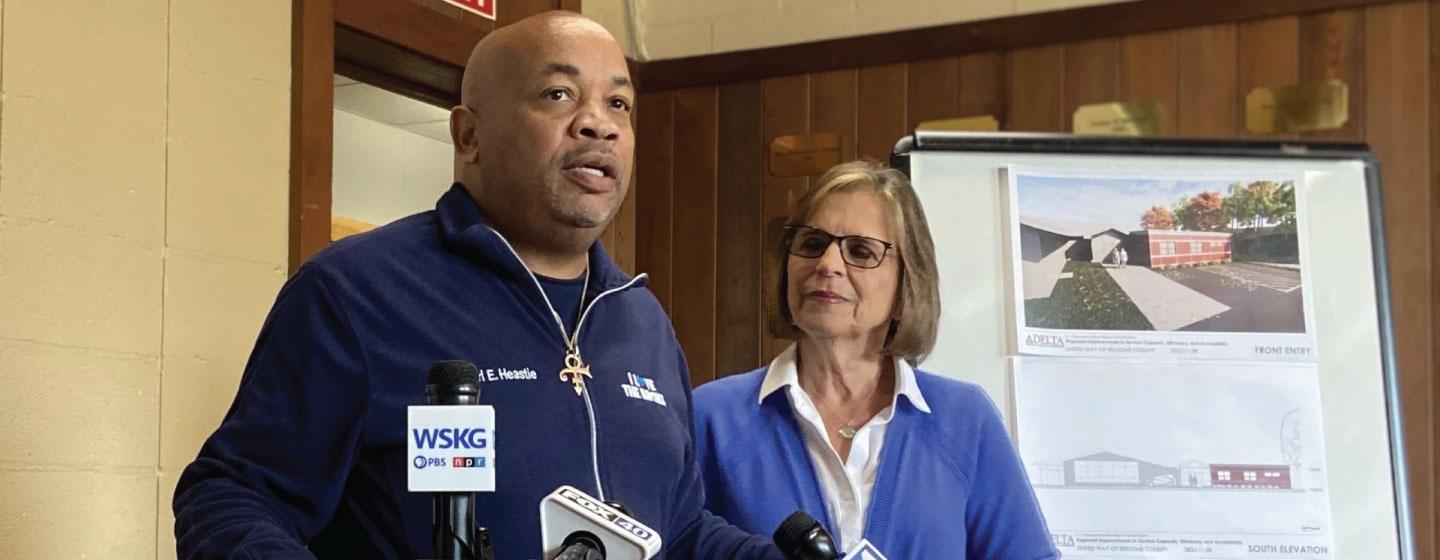NY Senate Republicans Outline Legislation To Delay Renewable Energy Transition

New York Senate Republicans unveiled a legislative package Friday to delay the state’s statutory mandates to transition to renewable energy. It comes as the state has already fallen behind on meeting its targets to reduce greenhouse gas emissions that contribute to climate change.
The legislation would push back deadlines in the state’s climate law, which passed in 2019 and requires a 40% reduction in greenhouse gas emissions by 2030.
The proposals would delay that mandate by 10 years and require a thorough study of its costs. The legislation also includes more tax credits for residential solar and hydroelectric plants.
Other parts of the legislative package would prevent the state from closing any power plants before new facilities come online, and require the state to invest in “alternative energy” options, including studying the feasibility of reopening the Indian Point nuclear power station.
“It has become clear that the current strategy is not realistic or achievable," said state Sen. Tom O’Mara, who represents parts of the Southern Tier, in a statement unveiling the new legislation. “Senate Republicans are putting forth a clean energy strategy that is focused on affordability, feasibility, and reliability."
The legislative package is set to be introduced at the start of the next legislative session in January.
State reports from July show that New York has fallen behind on meeting key targets to transition away from fossil fuels. After those findings were made public, Gov. Kathy Hochul indicated she may change the climate law's timeframe, saying in an interview that the state is likely to miss its energy transition commitments by a couple of years.
The impacts of climate change have been felt across New York, with more intense storms, flooding, and heat waves.
The Department of Environmental Conservation projects that without immediate action, those impacts will intensify.
Editor's note: This story has been updated with information about when the legislative package will be introduced.
This article was originally published on WSKG.
Related

NY Republicans Call for Investigation After Arrest of Former Hochul Aide
Former aide Linda Sun worked under both the Hochul and Cuomo administrations. She is accused of lobbying the state on behalf of the Chinese government and taking over $6 million in kickbacks from Chinese officials.


